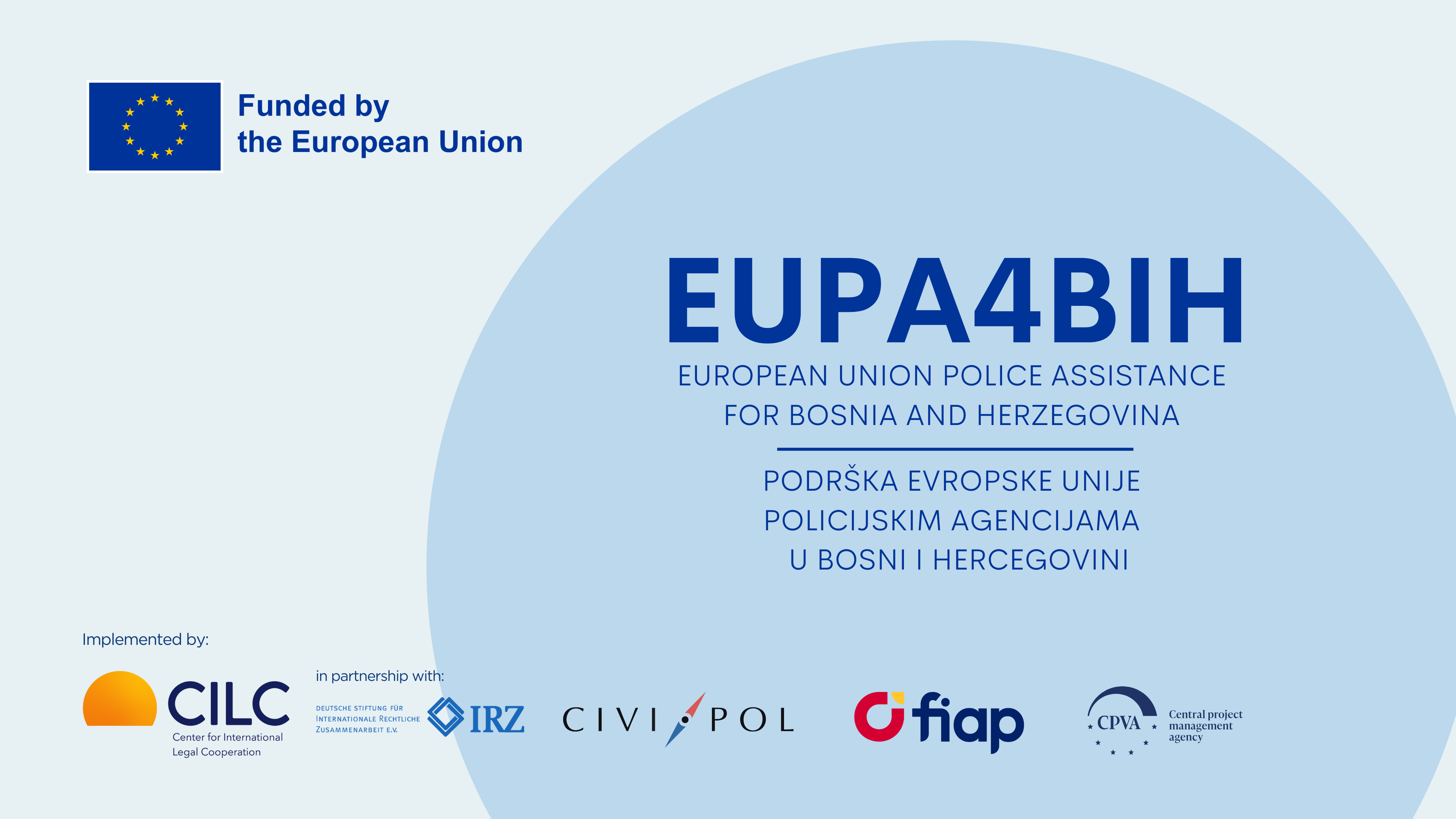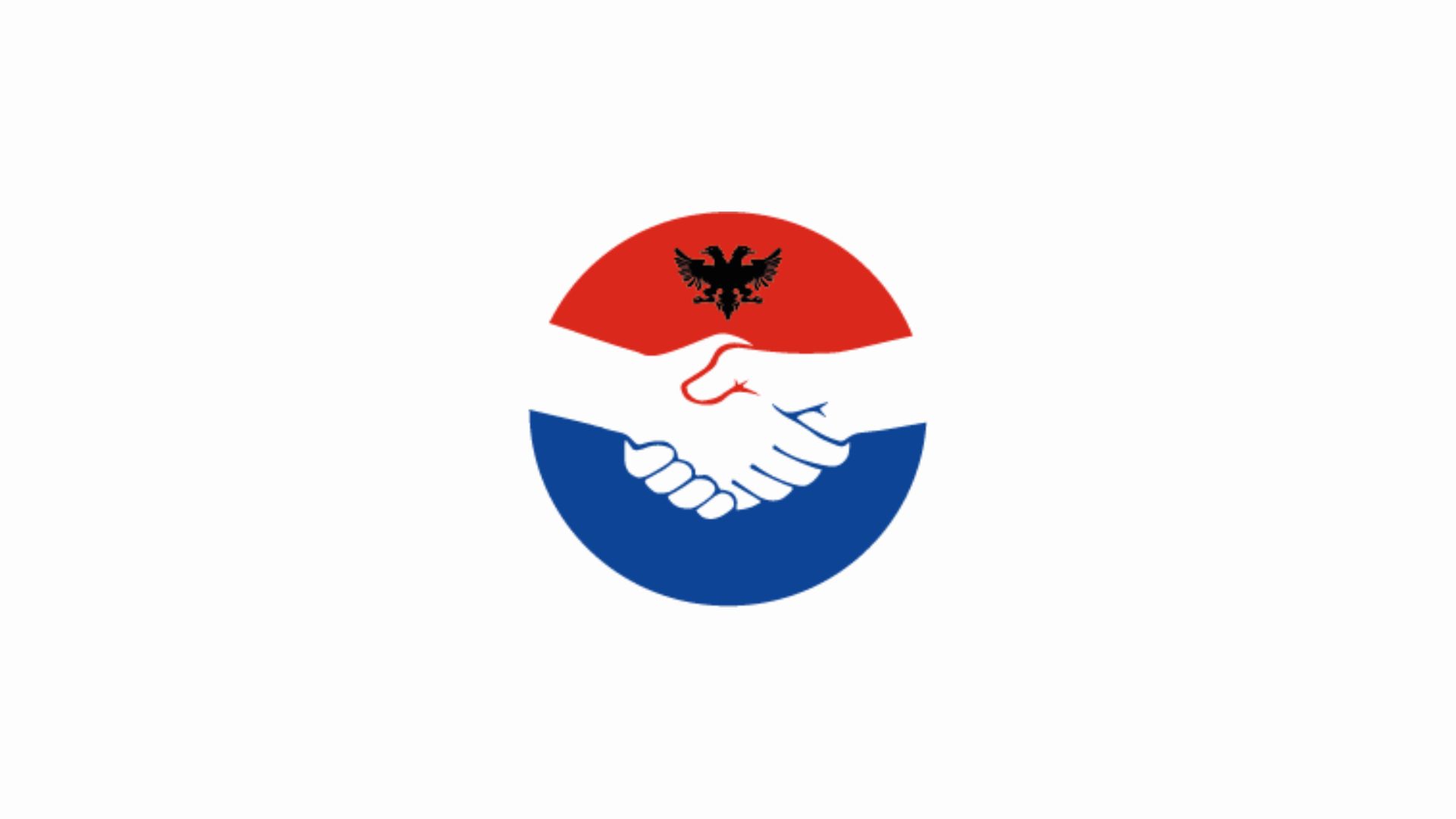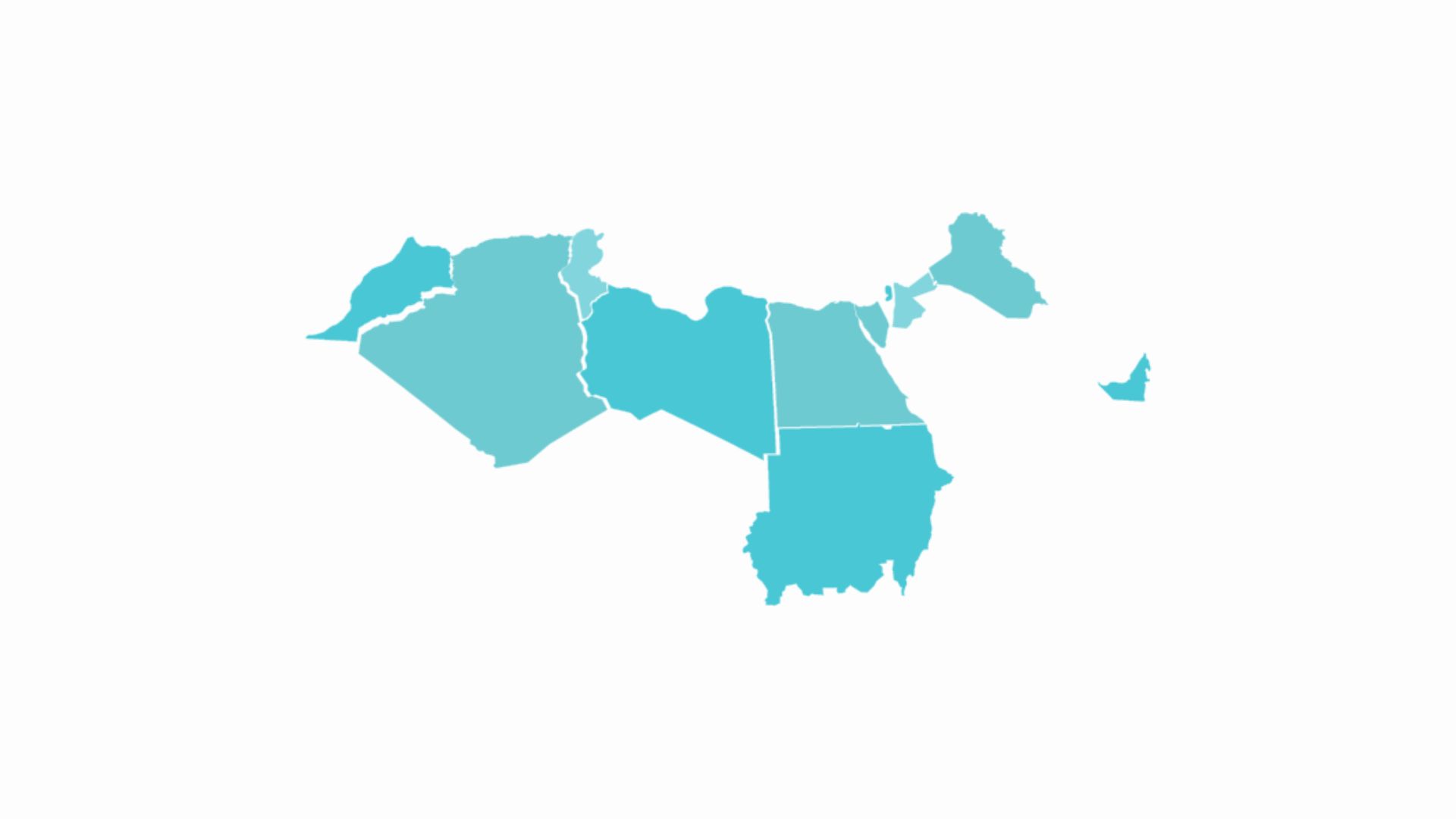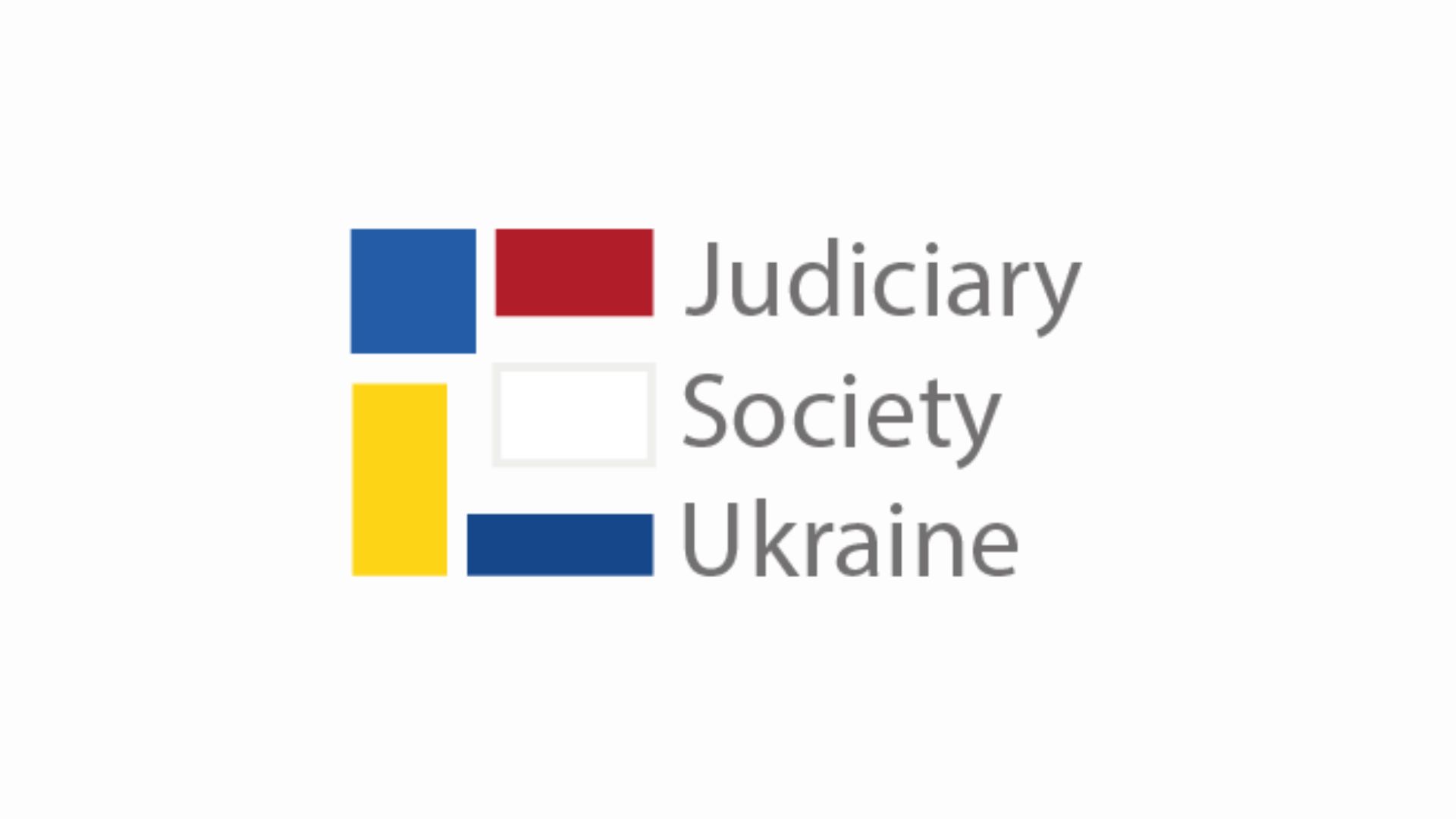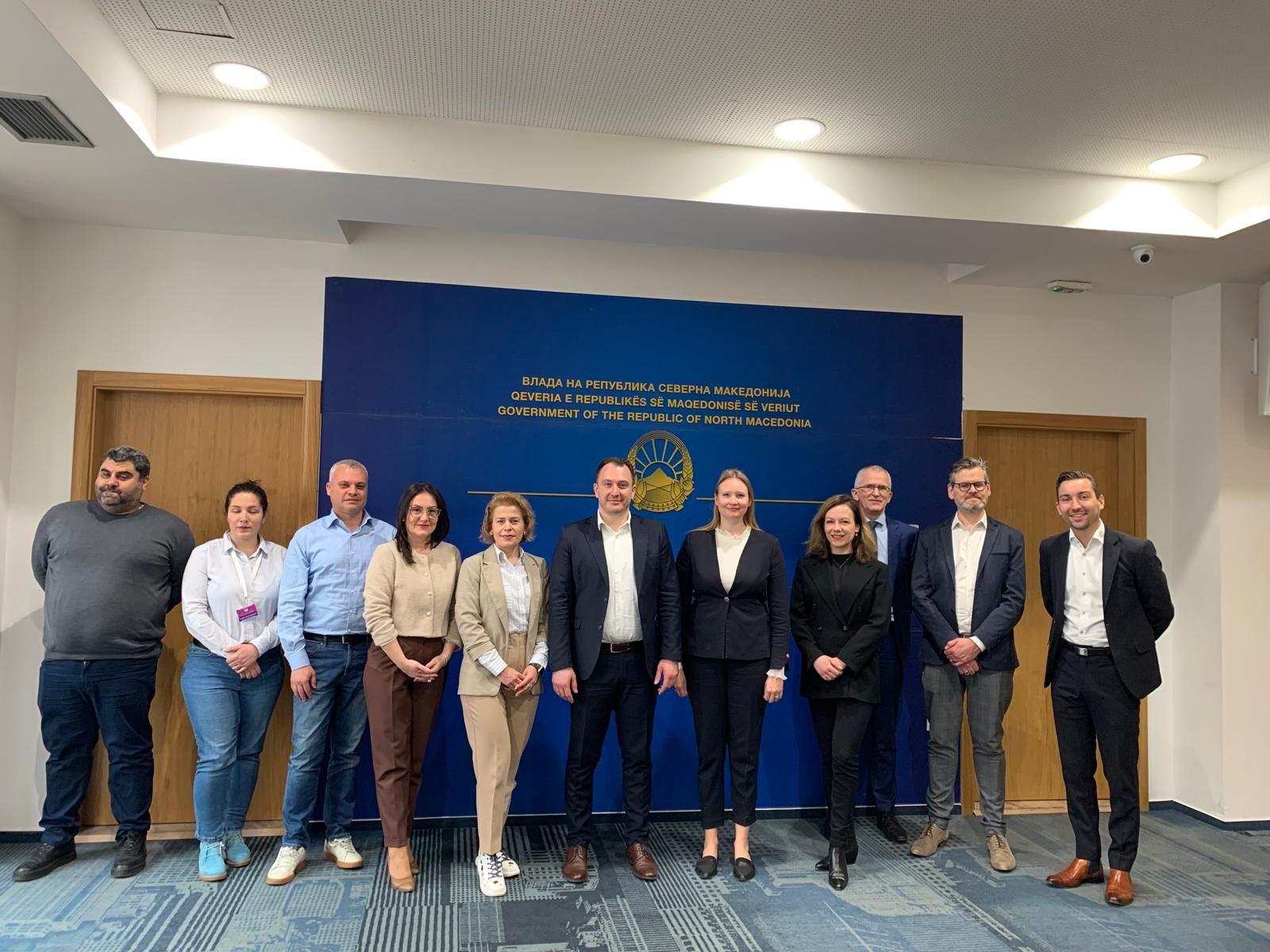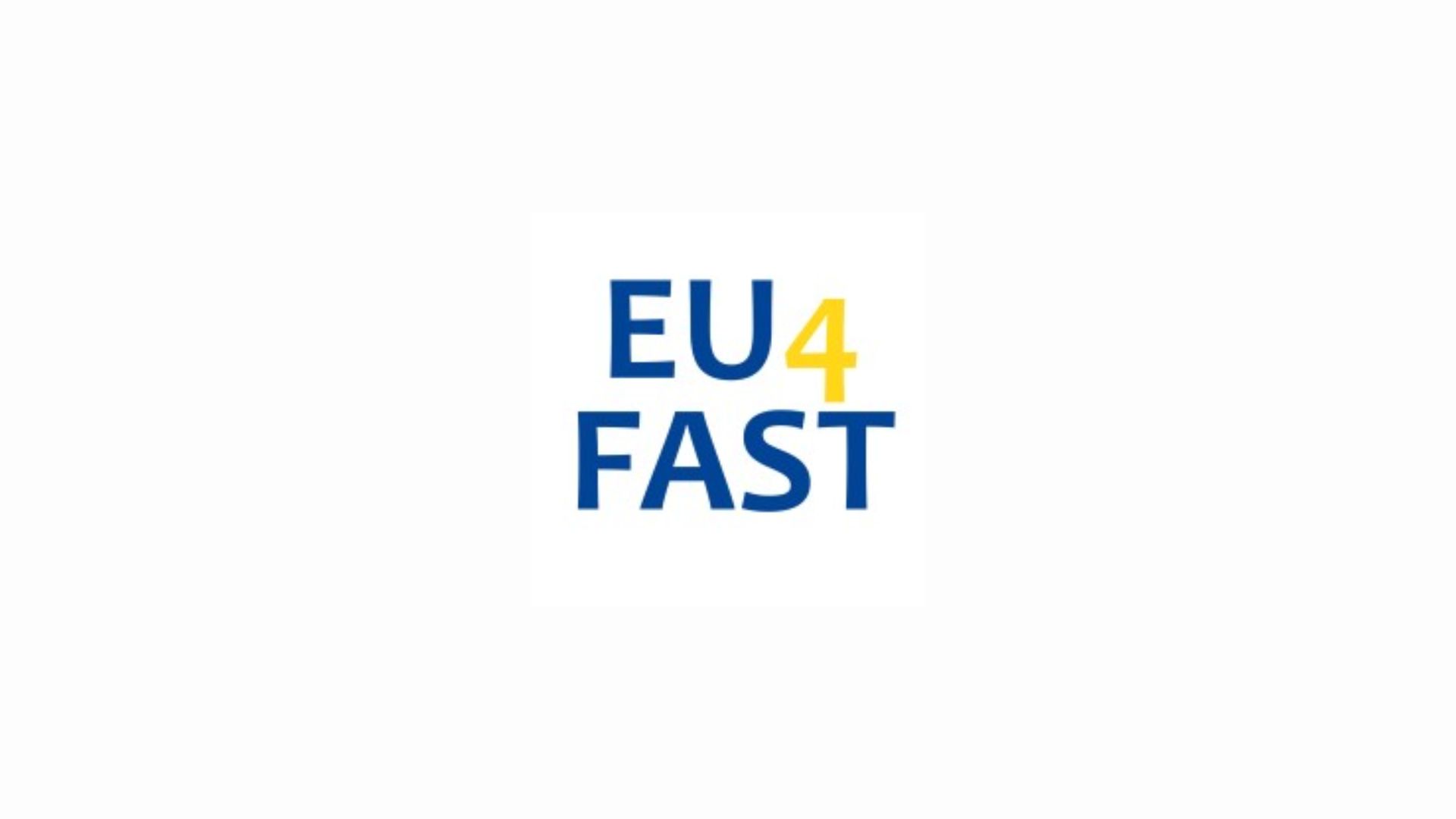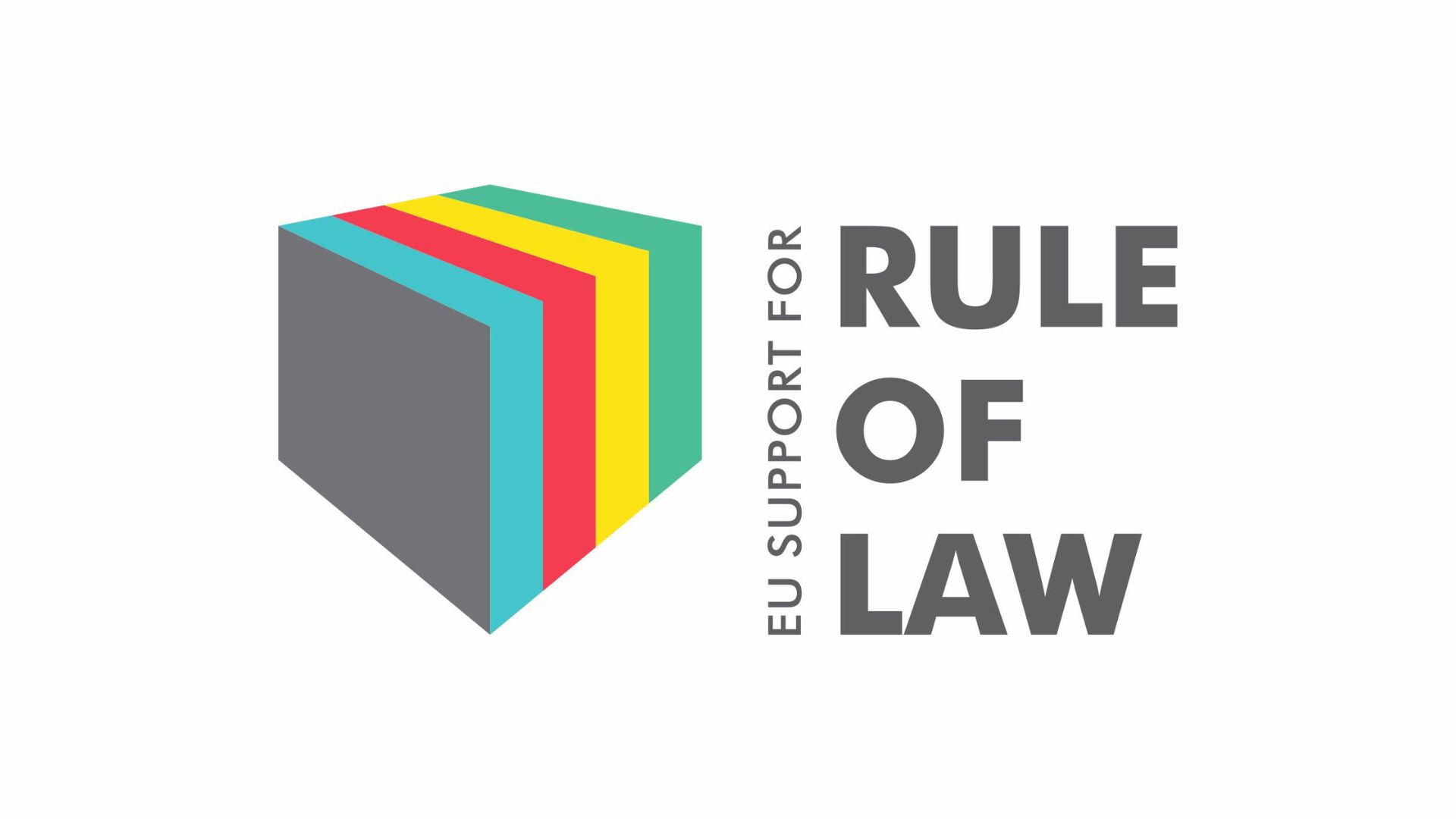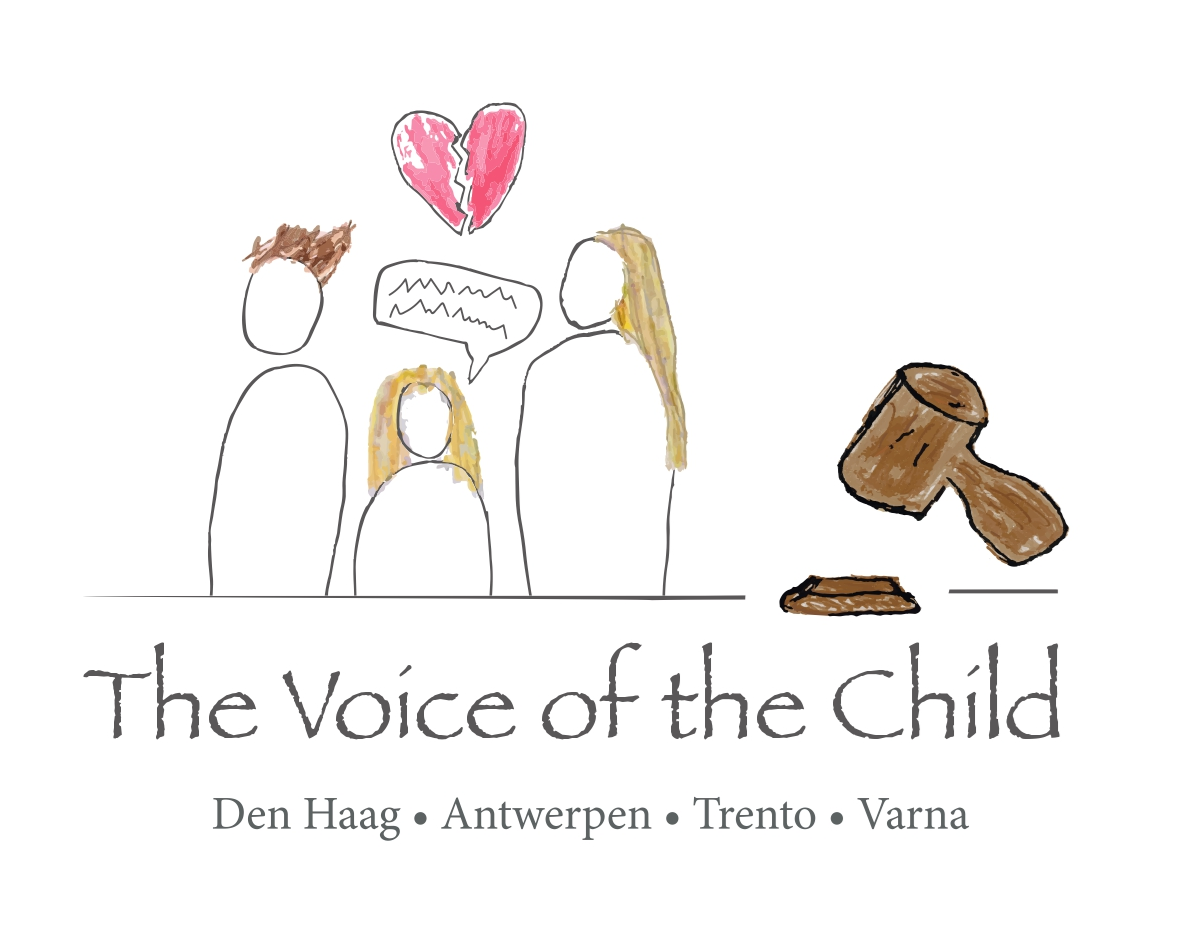Our work in action
Projects making a difference
Explore the diverse range of projects we lead to promote justice, strengthen the rule of law and foster international cooperation. From local initiatives and global partnerships, discover how together we’re making a difference worldwide.
This project will contribute to the overall objective of the regional programme by enhancing capacity development of the criminal justice actors and promoting closer inter-agency cooperation.

The IAMROC project aims to enhance the identification of key players involved in serious migration-related crimes in the countries of the Central Mediterranean Route (CMR). It seeks to facilitate interventions under criminal or other laws, disrupt their business models, and end impunity for these key players.

European Union Police Assistance for Bosnia and Herzegovina (EUPA4BiH) is a four-and-a-half-year project aimed at improving the security of citizens in Bosnia and Herzegovina.

This project supports the last phase of this pre-vetting and facilitates the full vetting of judges in Moldova and also offer supporting capacity building measures, particularly for the Superior Council of the Magistracy.

Enhancing special prosecutors effectiveness and efficiency at the Special Anti-Corruption and Organized Crime Structure (SPAK).

This programme aims to support SDGs 5, 10, and 16 by empowering women in the justice sector in Kuwait and Bahrain, fostering their skills, and enhancing ties with the Netherlands.

This project aims to empower female judges in Jordan's judiciary to ascend to leadership roles, addressing challenges and fostering impactful change.

The Shiraka Training Programme (STP) is part of the Shiraka Programme, developed by the Netherlands Ministry of Foreign Affairs.

The Shiraka Training Programme (STP) is part of the Shiraka Programme, developed by the Netherlands Ministry of Foreign Affairs.

STP focuses on governments’ public service delivery for citizens, involving civilians in this process.

The project aims to increase the capacities of the fundamental rights protection institutions, specifically the Ombudsman.

This project offers practical coaching to approx. 15 criminal law trainee judges; 15 criminal law trainee judges and 10 civil law trainee legal staff to contribute to the professionalization of Suriname’s justice system.

The project aims to strengthen the connection between the judiciary and society by promoting the self-government and professionalism of judges.

The project consists of trainings aimed at empowering and strengthening the skills of female judges in Yemen, Egypt and Jordan.

The overall objective of the project is to enhance the cyber resilience of the Western Balkan IPA III beneficiaries in compliance with EU acquis and best practices.

The Overall Objective of the Action is to strengthen the rule of law in the Western Balkans

Strategic initiative aimed at strengthening the rule of law in the Republic of North Macedonia.

Enhancing the efficiency, accountability and transparency of the Judicial Council of North Macedonia
Enhancing efficiency, accountability and transparency in North Macedonia's Judicial Council through international cooperation.

To strengthen the private enforcement systems in the Western Balkans in dealing with cross-border enforcement and mechanisms for monitoring and control.

Voice of the Child gives children a clearer voice in conversations with judges.

No results. Please adjust your filter.
